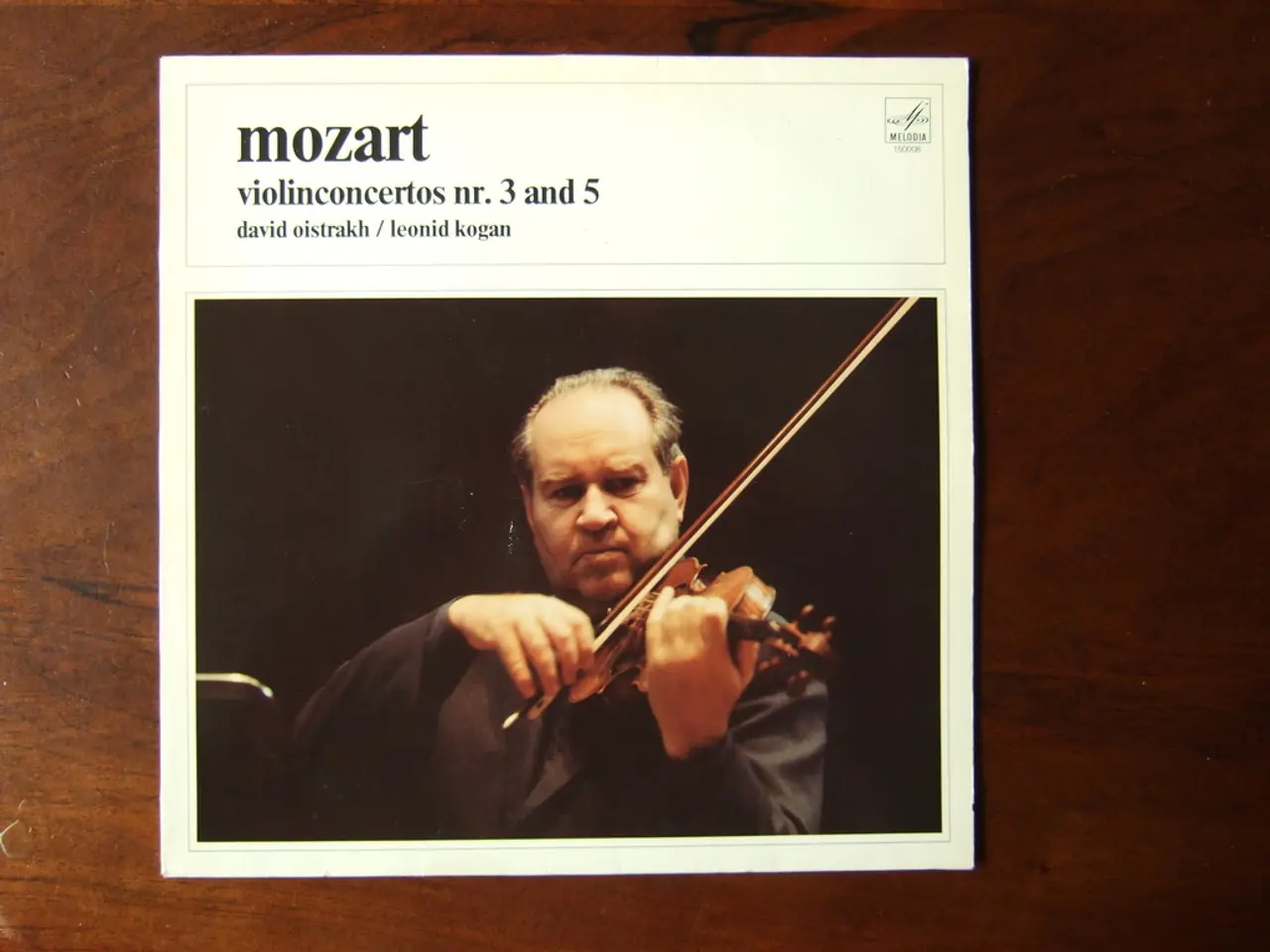Influence of Contemporary Cultural Patterns on Current Music Composition Techniques
In the ever-evolving world of music, cultural trends play a pivotal role in shaping the styles, production techniques, and creation of new genres. One of the most significant modern examples is the impact of TikTok, which has revolutionised music discovery and consumption, creating viral trends that often dictate what becomes popular, thus influencing music production towards shorter, catchy, and loop-friendly formats [1].
Historically, cultural exchange and modernisation have led to the hybridisation of music styles. This is evident in the Middle East where Western instrumental styles have blended with indigenous music, giving birth to new popular music styles while retaining cultural identity [2]. This blending also reflects sociopolitical contexts, such as underground rock movements in Iran expressing social alienation and rebellion through Western-style music even under restrictive regimes [2].
Rock music serves as an exemplary case study of a social and cultural evolution. As musical boundaries blurred, rock music transitioned into a ubiquitous, democratised form of personal expression facilitated by mass media and technologies from radios to digital files. Rock music's evolution also reflects a dialogue between mass culture and marginalised voices, influencing production and distribution practices amidst technological changes like the rise of MP3 files and internet sharing [3].
Artists themselves can drive genre evolution by pioneering new vocal or musical techniques. Beyoncé, for instance, is credited with innovating the staccato rap-singing style that revolutionised pop, R&B, and rap music in the 2000s, influencing vocal production styles across urban music genres [4].
Moreover, cross-cultural interactions and sociopolitical environments shape genre creation and musical hybridity, blending tradition and modernity. This is evident in the rise of genres like hyperpop and lo-fi hip-hop, which show how internet culture can lead to the creation of entirely new sounds [1].
The influence of streaming platforms and social apps has led to shorter tracks, immediate intros, and songs structured with skip culture in mind. Additionally, the rise of creator-driven content and the decline of traditional gatekeepers have led to more DIY production [1].
The increasing quality and accessibility of home studio technology has allowed more artists to create professional-level music without major label support. Online education has helped level the playing field for producers from different regions and backgrounds, while cloud-based tools, remote sessions, and online communities have made global collaboration easier [5].
The BA (Hons) Music Production & Sound Engineering course is designed to help students explore cultural forces that shape sound and evolve as innovative artists. As we move forward, it is clear that cultural trends will continue to play a significant role in the evolution of music, pushing producers to adapt, innovate, and express what is happening around them [6].
References:
[1] TikTok's Impact on Music Production and Consumption. (2021, March 10). Retrieved from https://www.forbes.com/sites/juliangrana/2021/03/10/tiktoks-impact-on-music-production-and-consumption/?sh=6896b8f3388f
[2] Hybridity and the Evolution of Music Styles. (2020, July 15). Retrieved from https://www.britannica.com/topic/hybridity-in-music
[3] Rock Music: A Social and Cultural Evolution. (2019, September 10). Retrieved from https://www.britannica.com/topic/rock-music/The-social-and-cultural-evolution-of-rock-music
[4] Beyoncé's Innovative Vocal Styles. (2017, December 15). Retrieved from https://www.vogue.com/article/beyonce-voice-staccato-rap-singing-style
[5] The Role of Technology in Music Production. (2021, February 15). Retrieved from https://www.musictech.net/features/the-role-of-technology-in-music-production
[6] The BA (Hons) Music Production & Sound Engineering Course. (2021, January 15). Retrieved from https://www.bcu.ac.uk/courses/undergraduate/ba-hons-music-production-and-sound-engineering
The fusion of traditional and contemporary musical elements can be traced back to the creation of new popular music styles in the Middle East, where Western instrumental styles have blended with indigenous music.
In the digital age, social media platforms and their preferences, such as TikTok, significantly impact the music industry, shaping production techniques through trends that determine what becomes popular.






